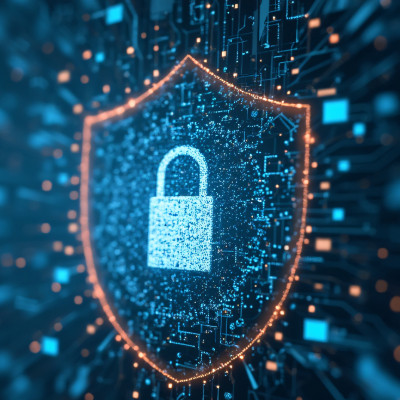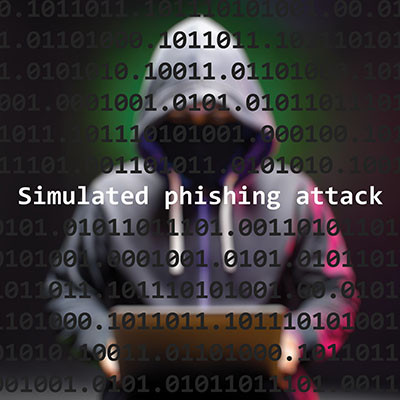As an IT professional, I often see a massive gap between the security protocols we build and how users actually behave. We can spend millions on firewalls and encryption, but the biggest vulnerability is almost always the human element.
In the industry, we often say that security is only as strong as its weakest link, and unfortunately, that link is often a person who simply does not realize they are being targeted. Here are four ways people remain dangerously oblivious to cybersecurity threats.








